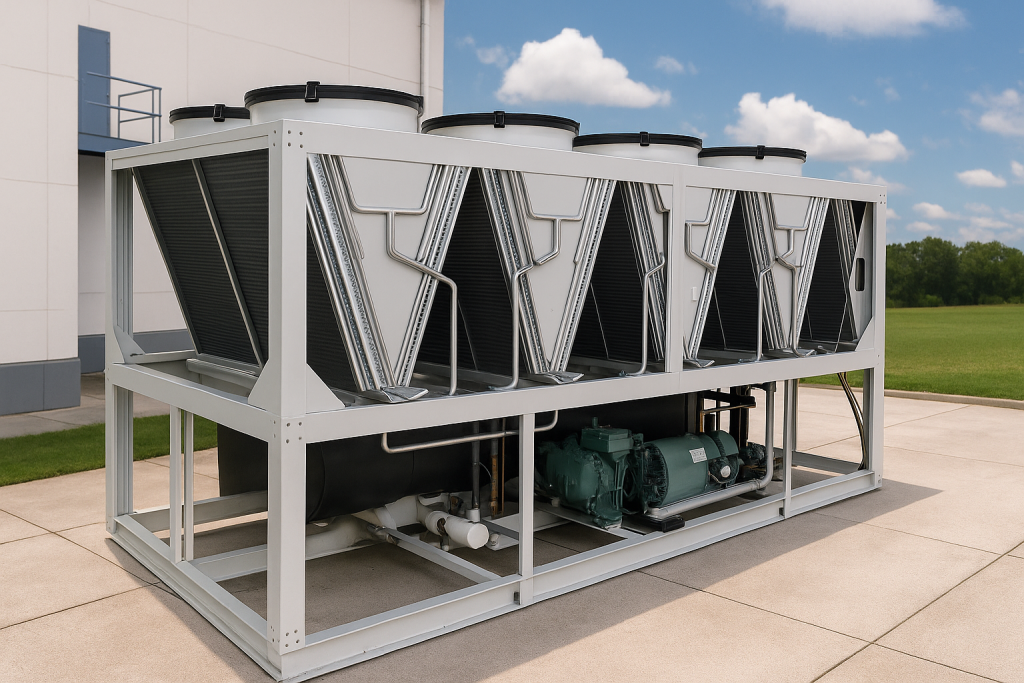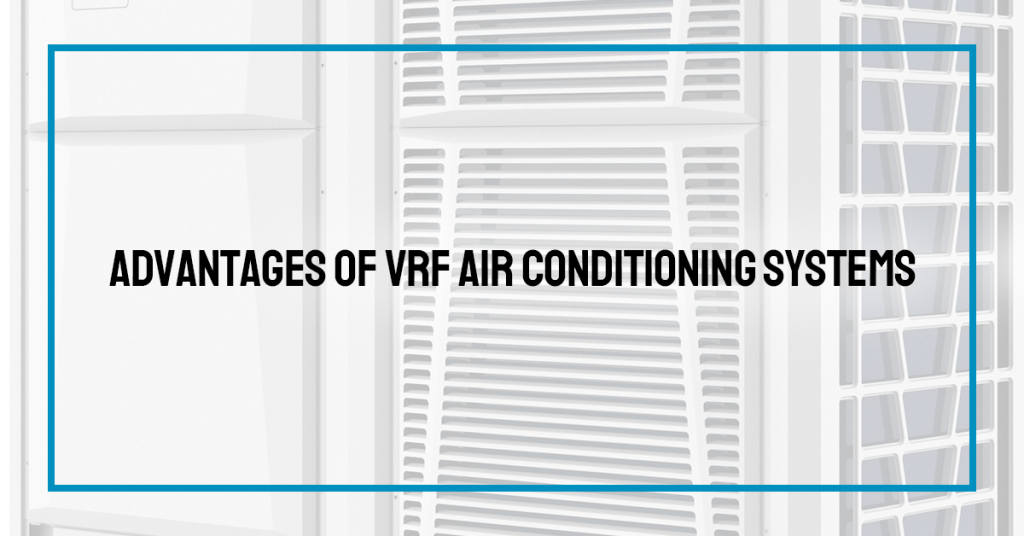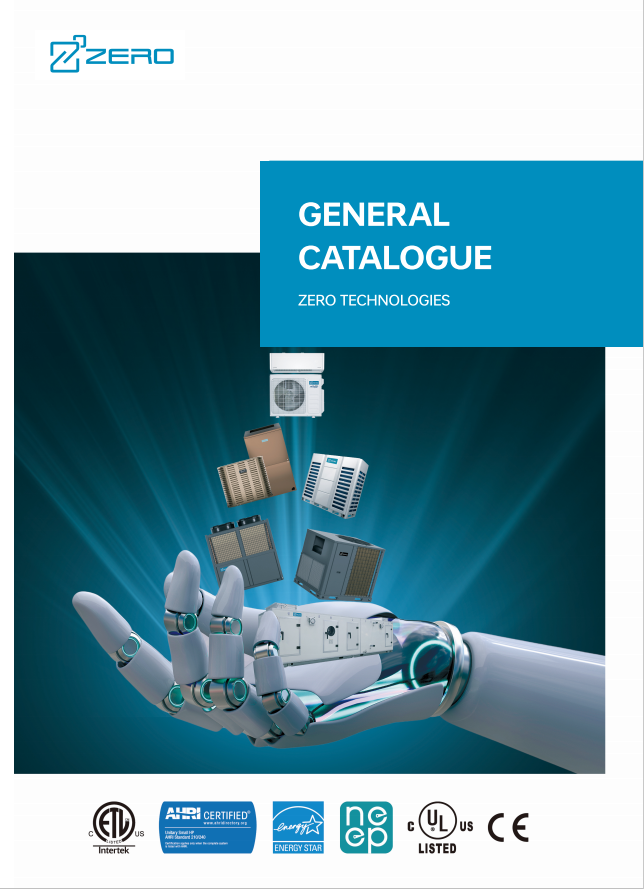As the HVAC industry accelerates toward energy efficiency and smart infrastructure, modular chiller systems have emerged as a transformative solution for large-scale cooling demands. In 2025, their adaptability, scalability, and integration with intelligent technologies are redefining cooling strategies across commercial, industrial, and digital infrastructure sectors.
In this article, we explore how modular chiller systems are revolutionizing cooling across industries and what that means for the future of sustainable climate control.

Why Modular Chillers Are Gaining Global Momentum
Modular chillers are composed of self-contained, scalable units that can be added or removed as needed. This architecture offers key advantages:
Scalability: Start with what you need and expand on demand without infrastructure overhaul.
Redundancy: Individual modules can be serviced without shutting down the entire system.
Flexibility: Suitable for varying load requirements, climate zones, and facility types.
Energy Efficiency: With variable speed drives and optimized part-load performance, they outperform many traditional systems.
Top Industries Adopting Modular Chiller Systems
1. Data Centers
With rising digital demand and 24/7 operation, cooling uptime is critical. Modular systems offer:
- Precise temperature control
- Parallel operation with redundancy
- Low PUE (Power Usage Effectiveness) performance
- Easy integration into existing server infrastructures
Case Insight: A Tier-3 data center in Southeast Asia replaced legacy chillers with modular units, resulting in a 28% energy savings and 40% reduction in maintenance downtime within 12 months.

2. Commercial Complexes & Green Buildings
Office towers, malls, and hospitals require flexible cooling loads throughout the day. Modular chillers allow:
Load-based operation for energy optimization
Integration with solar energy and BMS (Building Management Systems)
Space-saving design for rooftops or plant rooms
3. Manufacturing & Industrial Applications
Industries with fluctuating thermal loads benefit from:
High-capacity cooling with segmented control
Lower operational costs and emissions
Process-specific customization (e.g., plastics, pharmaceuticals, food processing)
Integrating Smart Technology for Smarter Cooling
Modular chillers are no longer just mechanical systems—they’re becoming intelligent assets:
- IoT-Enabled Monitoring: Real-time performance tracking and alerts
- Predictive Maintenance: AI-powered diagnostics reduce unexpected failures
- Remote Control: Facility managers can adjust performance from anywhere
These technologies not only reduce lifecycle costs but also align with smart city and smart factory initiatives.
The Sustainability Factor: Reducing Carbon Footprint
Modular chillers play a crucial role in meeting ESG goals:
- Low-GWP Refrigerants: Use of R-32 or R-454B
- Heat Recovery Options: Capture waste heat for reuse
- Solar/Hybrid Integration: Pair with renewable energy sources to lower grid dependency
What to Consider When Selecting a Modular Chiller System
Future-Proof Design: Can you expand capacity easily?
Warranty & Support: Look for strong after-sales service and long-term warranties.
Efficiency Ratings: Check IPLV/NPLV and COP values.
Control Compatibility: Ensure it supports your BMS or smart ecosystem.
Looking Ahead: What’s Next for Modular Chillers?
By 2030, modular chillers are expected to dominate the cooling segment for new builds. Upcoming innovations include:
- AI-driven load balancing
Nano-coated coils for extended durability - Hydronic systems with decentralized cooling nodes
- Zero-energy chillers using thermal batteries
Conclusion
Modular chiller systems are no longer a niche solution—they are becoming the standard for future-ready, scalable, and sustainable HVAC design.
At ZERO Technologies, we’re committed to helping businesses and developers harness this technology with reliable engineering, cost-effective manufacturing, and global support. Whether you’re upgrading a data center or designing a green building from scratch, modular cooling is your smartest path forward.
Explore how modular chiller systems are made:
Learn more about our solutions: https://www.zerohvacr.com/





